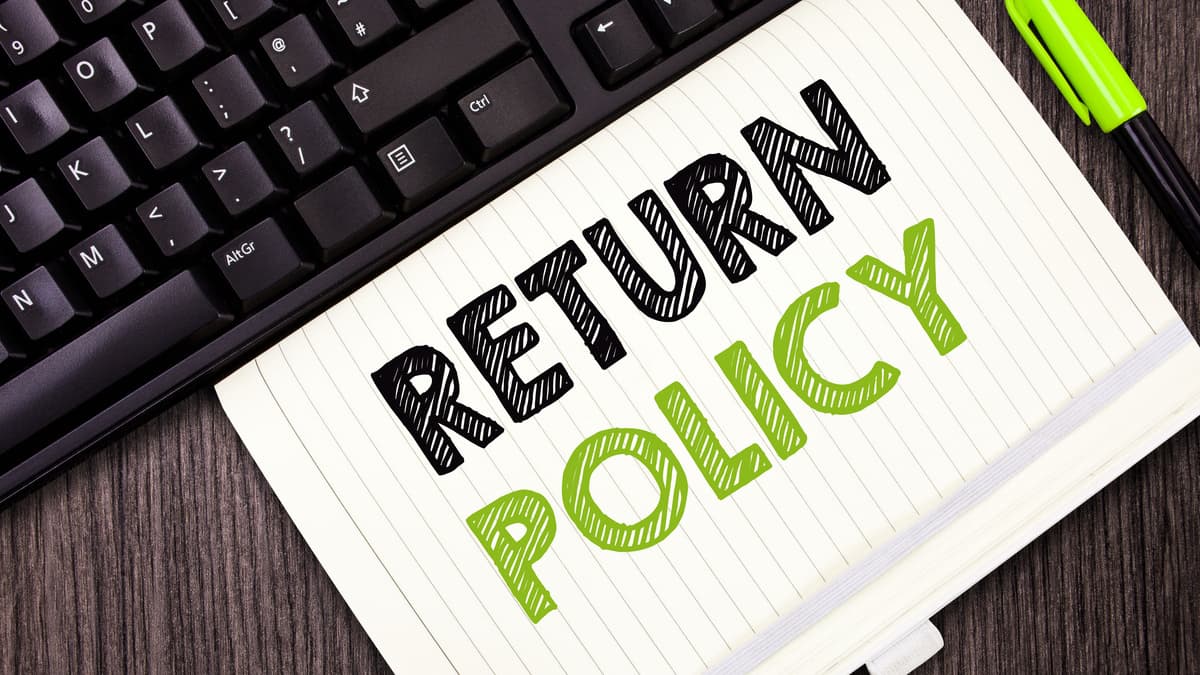
The IRS requiring payers to report transactions totaling $600 and over isn’t a new tax law. It has been this way for certain information returns like Forms W-2, 1099-MISC, 1099-NEC, and more.
This reporting mandate made an additional sound when the IRS introduced a new bill that requires third-party payment processors like PayPal and Venmo to do the same.
Starting from January 1, 2022, these payment processors will report the transactions throughout the year to the Internal Revenue Service. The recipients of these payments will receive Form 1099-K, Payment Card and Third Party Network Transactions. If you have income generated from these transactions, you will need to report it on your federal income tax return by attaching the 1099-K.
Will the IRS know my PayPal or Venmo balance?
The IRS won’t know your amount whether you use Venmo, PayPal, or any other third-party payment processor. What the IRS will know is the transaction amounts throughout the year if the payments exceed $600.
This new law is implemented to ensure that small businesses are able to adequately report their income if they receive payments from these third-party payment processors.
Although the IRS won’t know an accountholder’s entire balance, it will ensure the agency that nobody avoids taxes on the income they collected from these third-party payment processors.
What to know about the 600 US dollar rule
The 1099-K isn’t a new tax form. The Internal Revenue Service had this tax form, but the reporting requirements weren’t as little.
Prior to this change, third-party payment processors were still reporting the transaction amounts to the Internal Revenue Service but only when they exceeded $20,000, or the number of transactions was over 200.